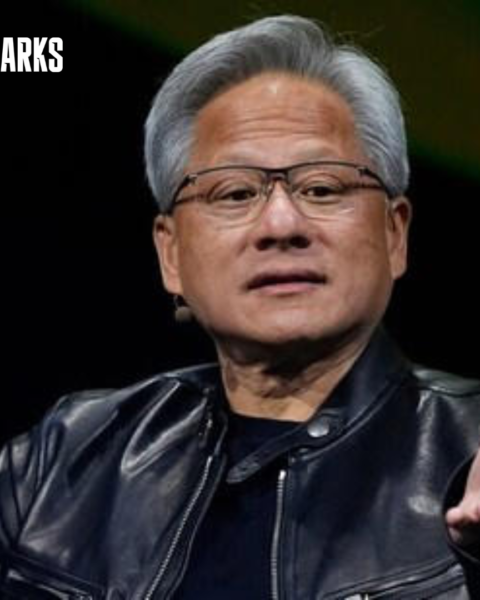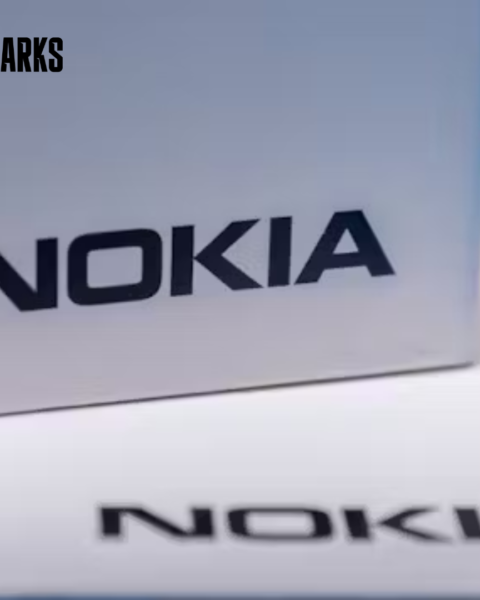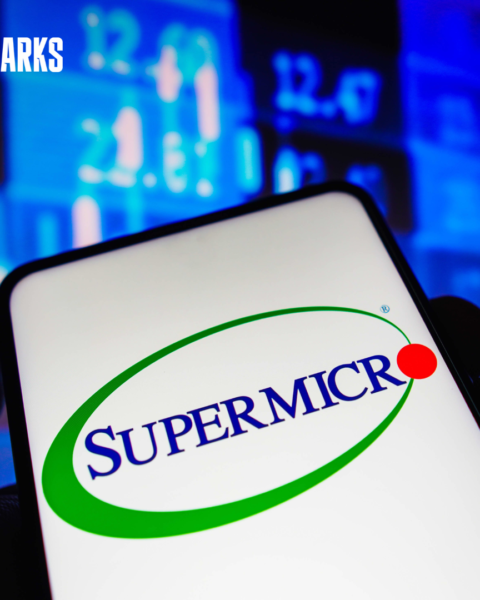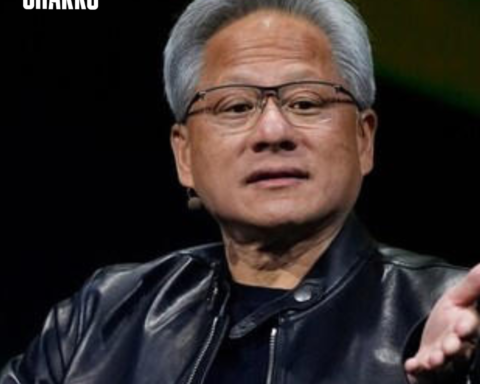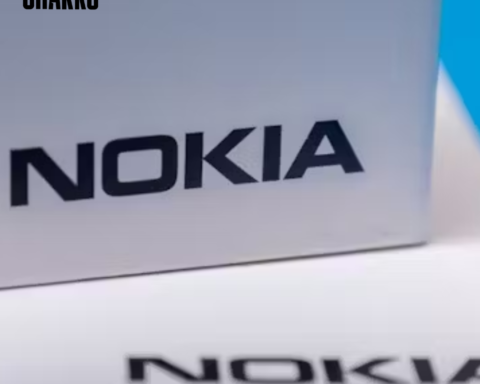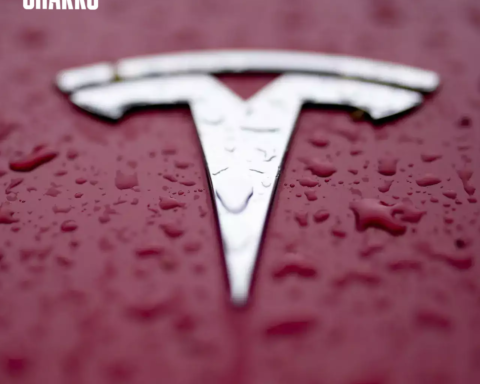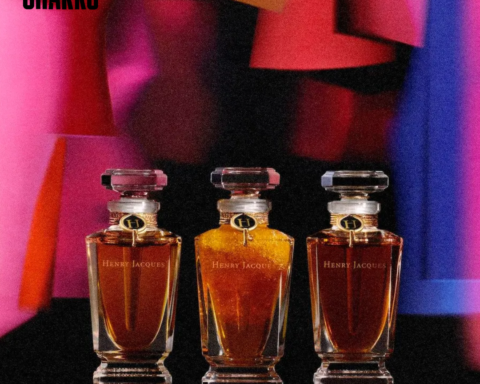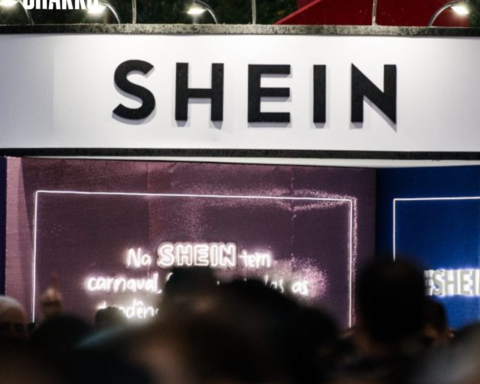LEGO Criticized for AI-Generated Art in Ninjago Quiz
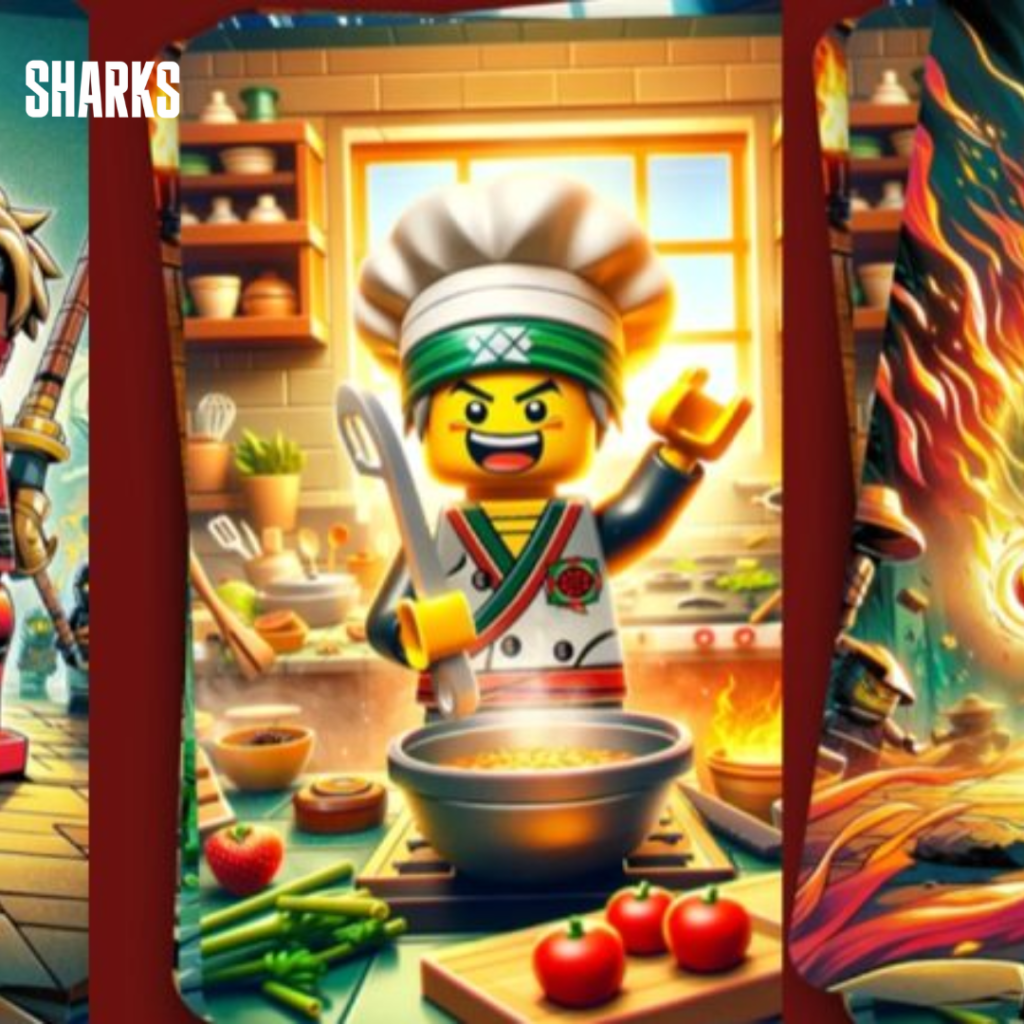
Toy company LEGO has recently been criticized for incorporating AI-generated images in a LEGO Ninjago-themed website quiz, sparking criticism from fans and industry insiders alike.
The move highlights the growing trend of AI usage in creative industries and its challenges to traditional artistic processes.
AI Art in LEGO Ninjago Campaign:
LEGO’s use of AI-generated images in a Ninjago-themed quiz was swiftly criticized by fans, with particular scrutiny placed on the quality and authenticity of the artwork.
The images, characterized by clichéd cinematic lighting and overly filtered aesthetics, failed to meet the standards expected from the iconic toy brand.
Fan Response and Industry Commentary:
Fans and industry figures, including original Ninjago co-creator Tommy Andreasen, criticized LEGO’s AI usage and emphasized the importance of human creativity in art.
The incident underscores broader concerns about the increasing normalization of AI art across creative sectors despite pushback from fans.
LEGO’s Response and Apology:
Following the backlash, LEGO apologized via the Lego Ambassador Network (LAN), reaffirming its commitment to human creativity and acknowledging the misstep in utilizing AI-generated images.
The brand assured fans that the images were part of a test and would not reappear in future campaigns.
Ambiguous Stance on AI:
Despite its apology, LEGO’s statement concluded with a vague acknowledgment of the potential of generative AI, leaving some ambiguity regarding its future use of the technology.
This stance raises questions about the brand’s commitment to maintaining artistic integrity and the role of AI in its creative processes.
Broader Implications and Industry Trends:
LEGO’s incident reflects a broader trend of AI art integration in creative industries, with examples ranging from game publishers like Wizards of the Coast to media organizations like the BBC.
The normalization of AI art challenges traditional artistic practices and raises concerns about the role of technology in creative expression.
Share This
Tony Boyce is a seasoned journalist and editor at Sharks Magazine, where his expertise in business and startups journalism shines through his compelling storytelling and in-depth analysis. With 12 years of experience navigating the intricate world of entrepreneurship and business news, Tony has become a trusted voice for readers seeking insights into the latest trends, strategies, and success stories.

